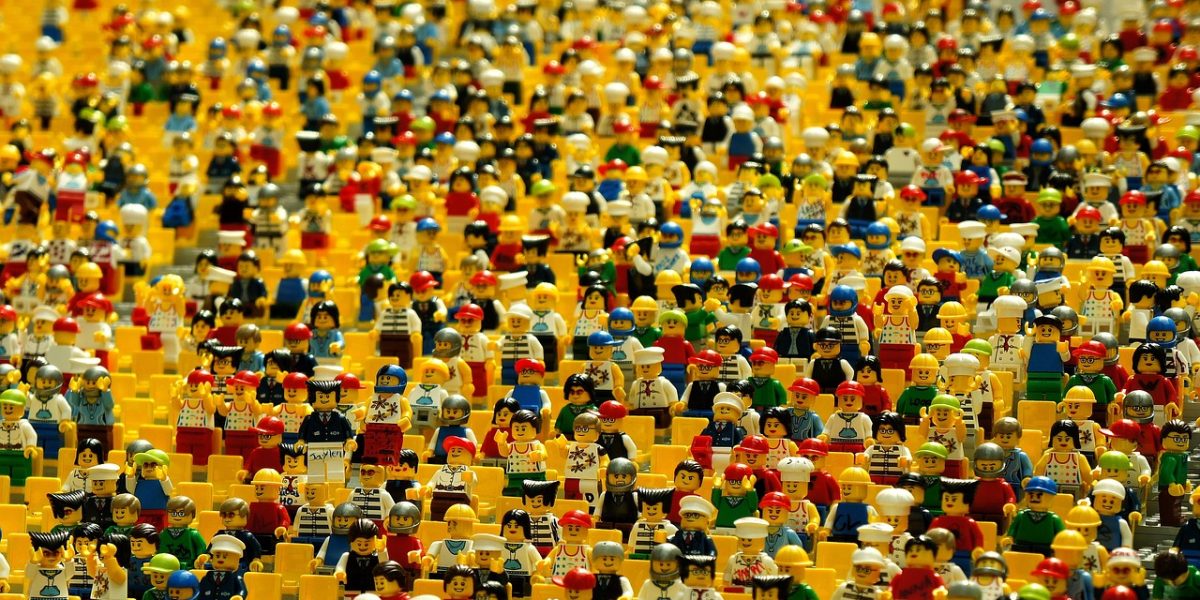The global economy, as we know it today, operates on a fundamental principle: profit. The pursuit of profit serves as the driving force behind businesses and economic systems worldwide. However, this profit-centric model has faced growing scrutiny due to its inherent flaws and the negative consequences it can have on society and the environment. In this blog post, we will explore alternative models that challenge the primacy of profit and propose different approaches to economic organization and well-being.
1. The Social Economy:
One alternative model gaining momentum is the social economy. This approach prioritizes the well-being of individuals and communities over the maximization of profit. It seeks to create economic systems that are more inclusive, equitable, and sustainable. Social enterprises and cooperatives are key players in this model, aiming to address social and environmental challenges while generating economic value. By placing people and the planet at the center, the social economy seeks to create a more balanced and ethical economic framework.
2. The Circular Economy:
The circular economy model presents an alternative to the traditional linear “take-make-dispose” approach. Instead, it focuses on maximizing resource efficiency, reducing waste, and promoting reuse, recycling, and regeneration. In this model, products are designed to have longer lifecycles, and materials are recycled or repurposed rather than discarded. By shifting from a linear to a circular model, we can minimize environmental impact, create new economic opportunities, and enhance overall sustainability.
3. The Gift Economy:
The gift economy operates on the principles of reciprocity, trust, and mutual support. It challenges the notion that economic interactions are solely driven by monetary exchange. Instead, it emphasizes the value of relationships and the act of giving without the expectation of immediate or direct return. The gift economy can be seen in various forms, such as open-source software, sharing economies, and community-driven initiatives. By embracing this model, we can foster collaboration, strengthen social bonds, and promote collective well-being.
4. The Well-being Economy:
The well-being economy prioritizes the holistic well-being of individuals and communities as the ultimate goal of economic activity. It aims to measure and optimize progress based on broader indicators beyond GDP, such as health, education, social cohesion, and environmental sustainability. In this model, economic policies and practices are designed to enhance overall quality of life, rather than solely focusing on material wealth. By shifting our metrics of success, the well-being economy offers an alternative vision for a more fulfilling and sustainable future.
While the profit-driven model has been dominant in the global economy, it is important to explore alternative economic models that prioritize social and environmental well-being. The social economy, circular economy, gift economy, and well-being economy are just a few examples of such alternatives. These models challenge the notion that profit should be the sole objective of economic activity and instead propose a more inclusive, equitable, and sustainable approach. By embracing these alternatives, we can create economic systems that promote human flourishing, environmental stewardship, and societal progress. The journey towards a more balanced and just global economy begins with considering and implementing these alternative models.

